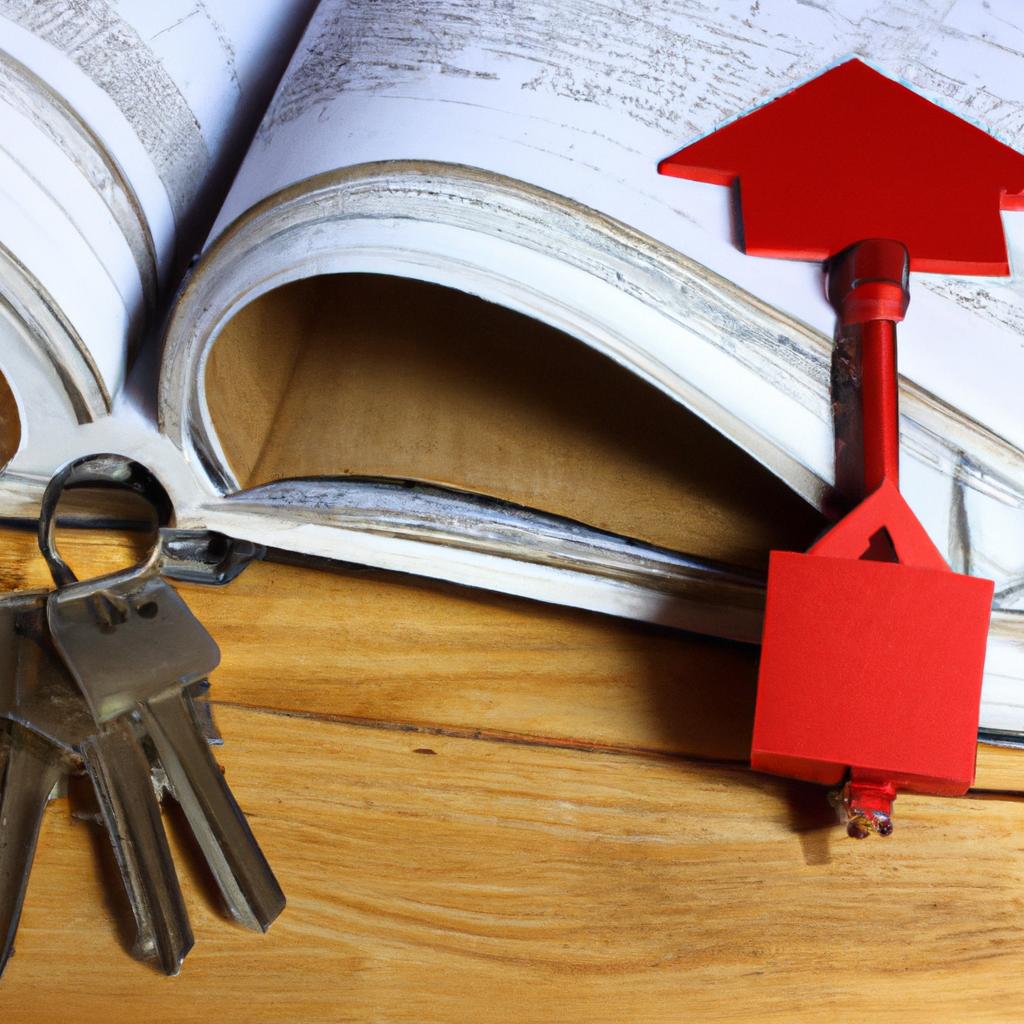Welcome to Morgan Legal Group, your trusted source for estate planning solutions in New York City. As experienced lawyers specializing in probate, elder law, Wills, and trusts, we understand the importance of having your affairs in order. One common question that often arises is, “How can I get my deed to my house?” In this article, we will explore the process of obtaining the deed to your home and the legal steps involved in ensuring your property ownership is properly documented and protected.
Obtaining Ownership of Your Property: Securing the Deed to Your House
When it comes to securing the deed to your house, there are several important steps that must be followed to ensure that you have legal ownership of the property. The deed is a crucial document that proves your ownership rights, so it is essential to have it in your possession.
- Obtain a copy of the deed from the county clerk’s office.
- Verify that the deed is accurate and up-to-date.
- Record the deed with the county recorder’s office to officially transfer ownership.
It is also important to keep the deed in a safe place, such as a secure home safe or a safety deposit box. In case of any legal disputes or questions regarding the ownership of the property, having the deed readily available can help resolve any issues quickly and efficiently.

Understanding the Deed to Your House: Types, Rights, and Responsibilities
In order to obtain the deed to your house, you must first understand the different types of deeds that exist. The most common types include warranty deeds, quitclaim deeds, and special warranty deeds. Each type of deed comes with its own set of rights and responsibilities that need to be carefully considered before transferring ownership of a property.
It is important to note that once you have obtained the deed to your house, you will have certain rights as the property owner. These rights include the ability to sell, transfer, or mortgage the property, as well as the right to exclude others from using or occupying the property without your permission. Along with these rights also come responsibilities, such as paying property taxes, maintaining the property in good condition, and complying with any local zoning laws or regulations.

Navigating the Deed Transfer Process: Steps to Secure Your Property Rights
When it comes to securing your property rights through the deed transfer process, there are several steps that must be followed diligently to ensure a smooth and legally-binding transaction.
First and foremost, it is imperative to conduct a title search to verify ownership and any existing liens or encumbrances on the property. Next, both parties must negotiate and agree upon the terms of the transfer, including the purchase price and any contingencies. Once a purchase agreement is reached, the deed must be prepared, signed, and notarized. Finally, the deed must be filed with the appropriate county office to officially transfer ownership. By following these steps carefully and seeking legal advice when needed, you can secure your property rights and protect your investment for years to come.

Consulting with Legal Professionals: Expert Assistance in Deed Acquisition Processes
In order to acquire the deed to your house, it is crucial to seek expert assistance from legal professionals who specialize in deed acquisition processes. At Morgan Legal Group in New York City, our team of experienced lawyers can guide you through the intricate procedures involved in obtaining your property deed. By consulting with our experts, you can ensure that all legal requirements are met, and that the transfer of ownership is executed smoothly and efficiently.
When it comes to acquiring the deed to your house, there are several important steps that must be followed. By consulting with legal professionals, you can receive expert assistance in the following areas:
- Reviewing and preparing necessary documentation
- Negotiating with sellers or beneficiaries
- Ensuring compliance with local laws and regulations
- Filing and recording the deed with the appropriate authorities
Q&A
Q: How can I get my deed to my house?
A: To obtain the deed to your house, you will need to contact the county clerk’s office where the property is located and request a copy of the deed.
Q: What information will I need to provide to get my deed?
A: You may need to provide your name, the property address, and any relevant documents such as a copy of your ID or proof of ownership.
Q: Is there a fee for obtaining a copy of my deed?
A: Yes, there may be a fee associated with obtaining a copy of your deed, which can vary depending on the county clerk’s office.
Q: How long does it take to receive a copy of my deed?
A: The process of obtaining a copy of your deed can vary, but typically you can expect to receive it within a few weeks of your request.
Q: Can I obtain a copy of my deed online?
A: Some county clerk’s offices may offer the option to request a copy of your deed online, but you may need to verify your identity and pay any applicable fees.
Q: What should I do if I encounter any difficulties obtaining my deed?
A: If you encounter any difficulties obtaining your deed, you can contact the county clerk’s office directly or seek guidance from a real estate attorney for further assistance.
Key Takeaways
In conclusion, obtaining the deed to your house is a straightforward process that can be completed with the right knowledge and guidance. By following the steps outlined in this article, you can ensure that you have all the necessary documents and information to successfully transfer ownership of your property. Remember, having the deed to your house not only provides legal proof of ownership but also gives you peace of mind knowing that your investment is secure. So, take the necessary steps today to secure your deed and protect your home for the future. Thank you for reading and best of luck on your homeownership journey!


